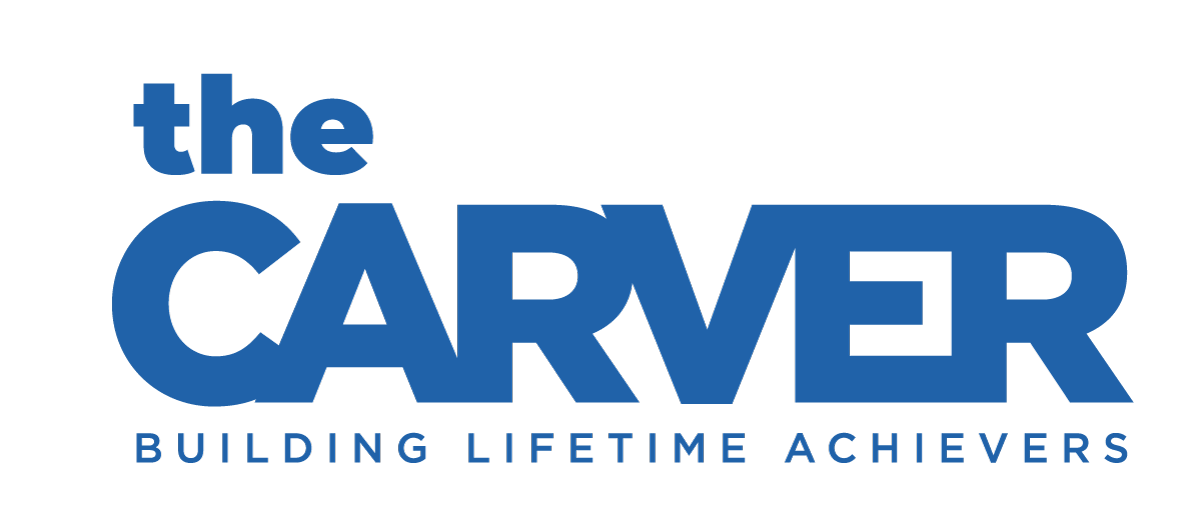Summer learning stimulates curiosity, builds background knowledge, contributes to social and emotional development, and expands social networks. It prepares young people for the school year ahead. The damage of not having a summer of learning and discovery is direct and acute. On average, low-income students fall behind academically – and the effect is cumulative, furthering our persistent state achievement gap. Research shows that over half of the gap by ninth grade can be attributed to this phenomenon of summer learning loss.
The gap in spending on enrichment has nearly doubled over the past 30 years, with the top income quintile of households now outspending the bottom quintile by seven times. We also know more about the importance of these experiences to school performance. Most importantly, the economic, health, and educational stakes are higher for those who do not complete school successfully. Schools alone are unlikely to close achievement gaps or equip students with all the skills they need to succeed in college and careers. Summer is a key variable in the school success equation.
Carver's successful approach for more than 700 youth has been to engage kids based on their interests. They all learn the basics with support from certified teachers, but also learn new skills and make amazing discoveries in the field trips such as on the schooner Soundwaters, visiting the Maritime Aquarium and Stepping Stones Museum, and so much more. Throughout this network of programs, students are applying academic concepts in enriching “real world” experiences.
National research conducted by RAND, supported by The Wallace Foundation, reveals a significant advantage in math in the fall for summer learning program participants over their peers. Evaluations show students are improving their skills of critical thinking, collaboration, perseverance, and self-management over the summer. Summer learning presents a unique and targeted investment opportunity with solid returns.
Since many families throughout Fairfield County have the wherewithal to access national and inetrantaional summer programs, Carver focuses on those families who do not have the time, means, or language abilities to organize these activities for their children. Carver parents can work without the constant strain of finding childcare. And Carver students stay on track with their peers while adding positive—often transformational—experiences to their sense of who they are and can yet become.




